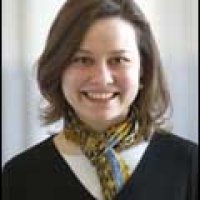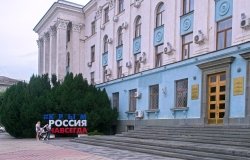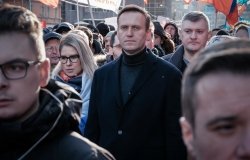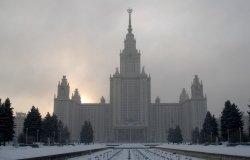Human Rights in Post-Communist Transitions: Fulfillment or Betrayal?
The book "Human Rights and Their Limits" shows that the concept of human rights has developed in waves: each call for rights served the purpose of social groups that tried to stop further proliferation of rights once their own goals were reached. While defending the universality of human rights as norms of behavior, Osiatynski admits that the philosophy on human rights does not need to be universal.
Overview
Human Rights and Their Limits shows that the concept of human rights has developed in waves: each call for rights served the purpose of social groups that tried to stop further proliferation of rights once their own goals were reached. While defending the universality of human rights as norms of behavior, Osiatynski admits that the philosophy on human rights does not need to be universal. Instead he suggests that the enjoyment of social rights should be contingent upon the recipient's contribution to society. He calls for a "soft universalism" that will not impose rights on others but will share the experience of freedom and help the victims of violations. Although a state of unlimited democracy threatens rights, the excess of rights can limit resources indispensable for democracy. This book argues that although rights are a prerequisite of freedom, they should be balanced with other values that are indispensable for social harmony and personal happiness.
This event will take place in the 6th floor boardroom.
Hosted By

Global Europe Program
The Global Europe Program is focused on Europe’s capabilities, and how it engages on critical global issues. We investigate European approaches to critical global issues. We examine Europe’s relations with Russia and Eurasia, China and the Indo-Pacific, the Middle East and Africa. Our initiatives include “Ukraine in Europe” – an examination of what it will take to make Ukraine’s European future a reality. But we also examine the role of NATO, the European Union and the OSCE, Europe’s energy security, transatlantic trade disputes, and challenges to democracy. The Global Europe Program’s staff, scholars-in-residence, and Global Fellows participate in seminars, policy study groups, and international conferences to provide analytical recommendations to policy makers and the media. Read more
Thank you for your interest in this event. Please send any feedback or questions to our Events staff.











